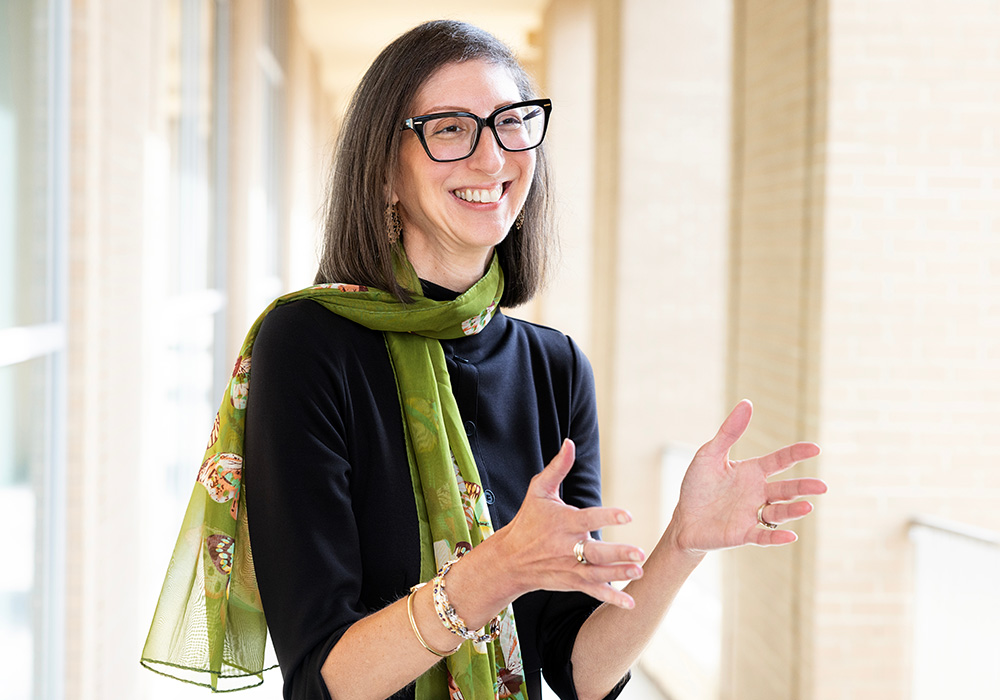Daniela Friedman grew up watching her mother suffer with cancer and struggle to make sense of the complicated information she received about her diagnosis and treatment plan. Today, that experience drives Friedman’s efforts to improve how health information is communicated to older and diverse populations.
Opening doors. As co-director of the Arnold School’s Office for the Study of Aging from 2016 to 2022, Friedman increased the number of faculty and students engaged in aging research and established funding to support their work. She is also involved in grants that foster underrepresented and minority faculty scholarship on Alzheimer’s disease and related dementias.
Taking the lead. In addition to mentoring countless students and colleagues, she has published more than 200 manuscripts and served as principal investigator of nearly 30 grants. Since 2021, she has served as editor of the Journal of Women & Aging. She also chairs the Arnold School’s Department of Health Promotion, Education, and Behavior.
Partnerships 360. At USC, she was part of the task force that launched a graduate-level health communication certificate and interdisciplinary research group with the College of Information and Communications. Beyond campus, her collaborative partners have included federally funded institutions, historically black colleges and universities, local and statewide agencies and faith-based organizations.
Messaging matters. South Carolina is ranked 37th in the nation for literacy. To help change that, Friedman is dedicated to improving messaging about cancer prevention and control and Alzheimer’s disease and cognitive decline. One of her findings could have big implications for health communications efforts worldwide: When it comes to brain disease, media coverage has not always kept pace with the growing scientific evidence regarding risk reduction behaviors.
“Our research on how to communicate about health needs to be shared beyond the journal publication. Plain language, culturally sensitive information available in multiple formats and co-created with our communities must get out to those who desperately need it. My genuine dedication to improving our communication is in honor of my mother. It’s why I chose this field and why I will keep doing this work — and mentoring others in this work — for years to come.”

